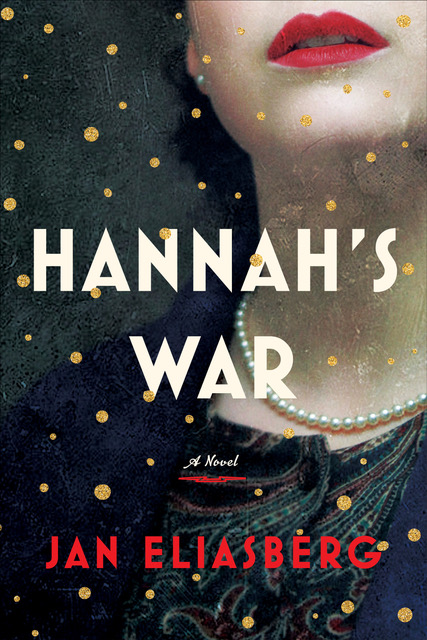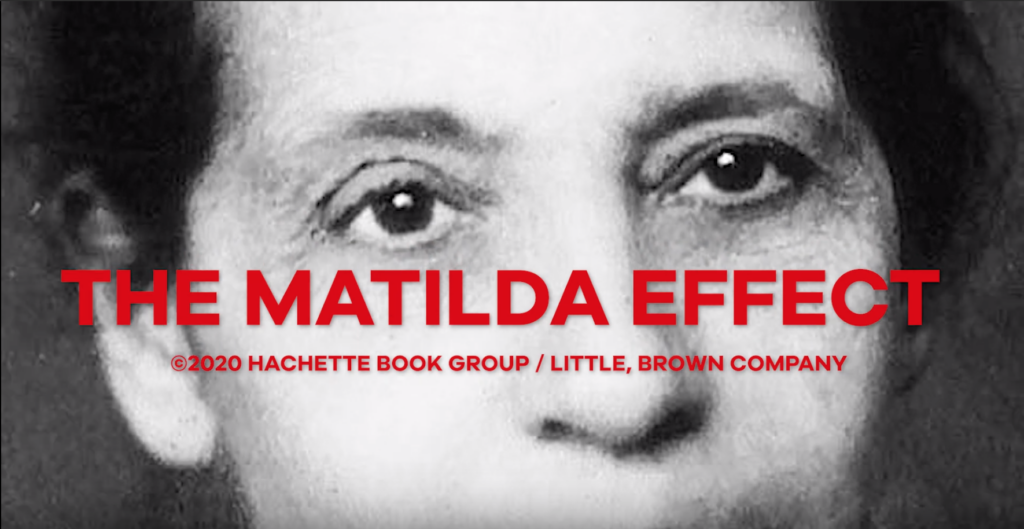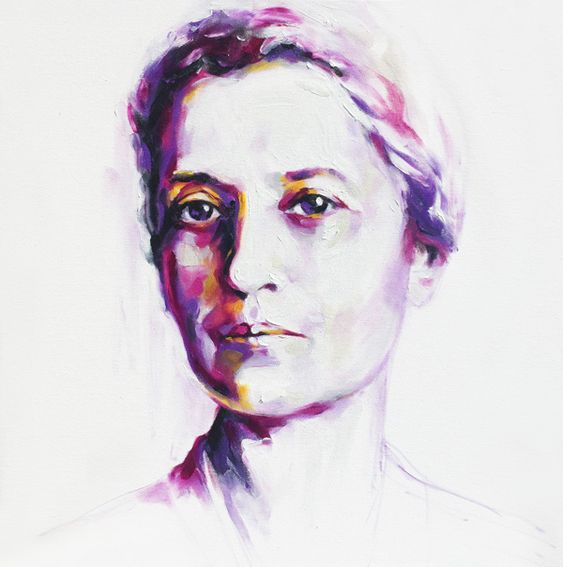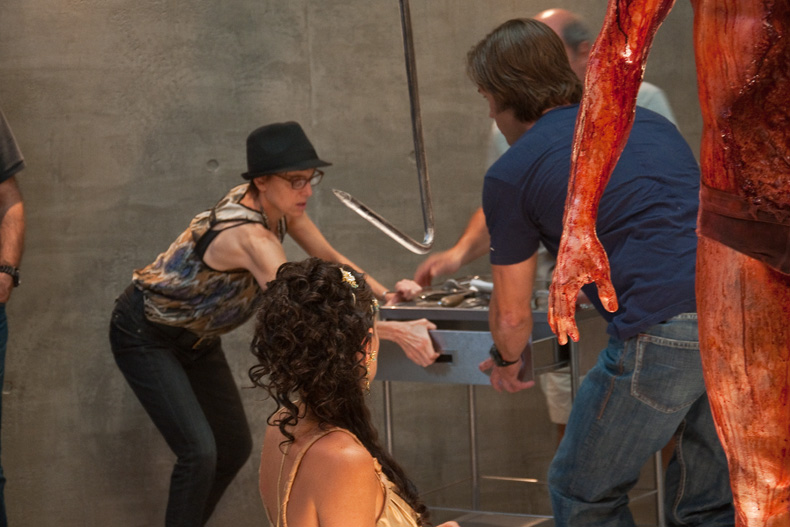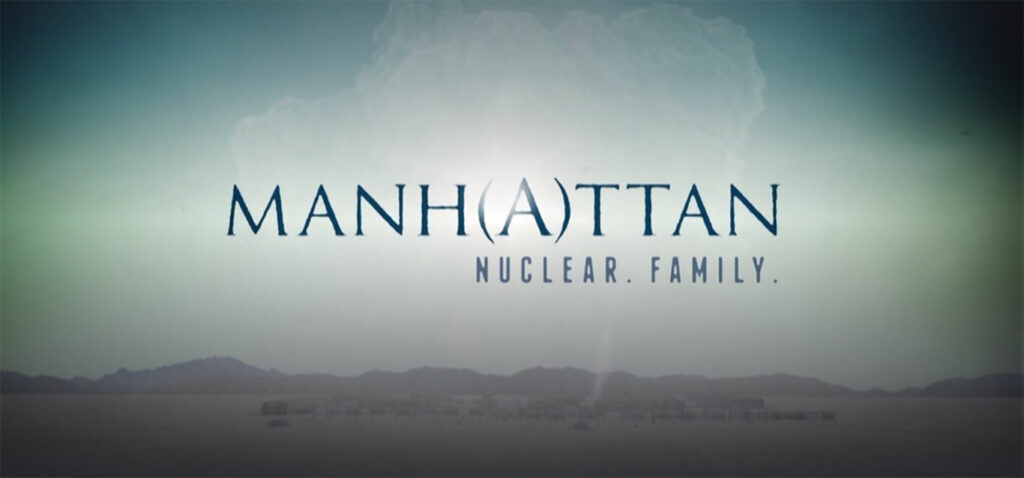Jan’s Blog
A deeper, more intimate look at the characters, research, and history that informs Jan's work
Award-winning filmmaker Jan Eliasberg’s HANNAH’S WAR, for readers of The Nightingale and The Alice Network, a thrilling historical debut about a female scientist working to develop the first atomic bomb during World War II, and the young military investigator determined to uncover her secret past.
Publication: March 3, 2020
“I flew through Hannah’s War, a gripping true story long overdue to be told, of a brilliant woman physicist working to develop the first atomic bomb and the secret she fights to protect.”
–Martha Hall Kelly (THE LILAC GIRLS; LOST ROSES)
You've reached the maximum amount of entries
July 16th Trinity Test Birthday: New Content for Book Clubs
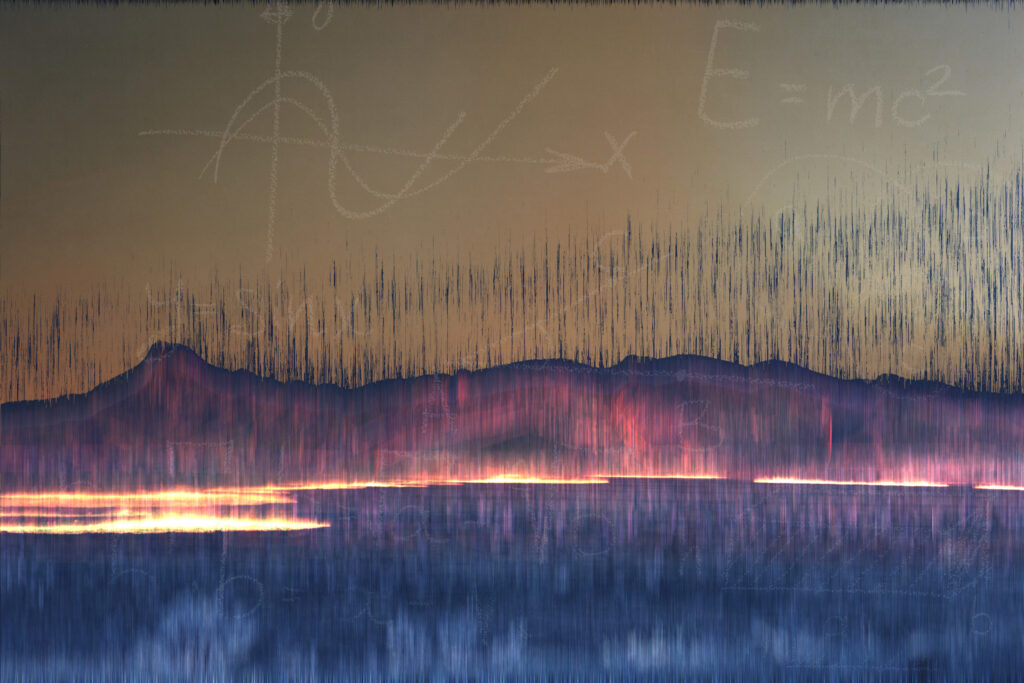
We’re introducing a new section of the HANNAH’S WAR website created entirely for Book Clubs.Â
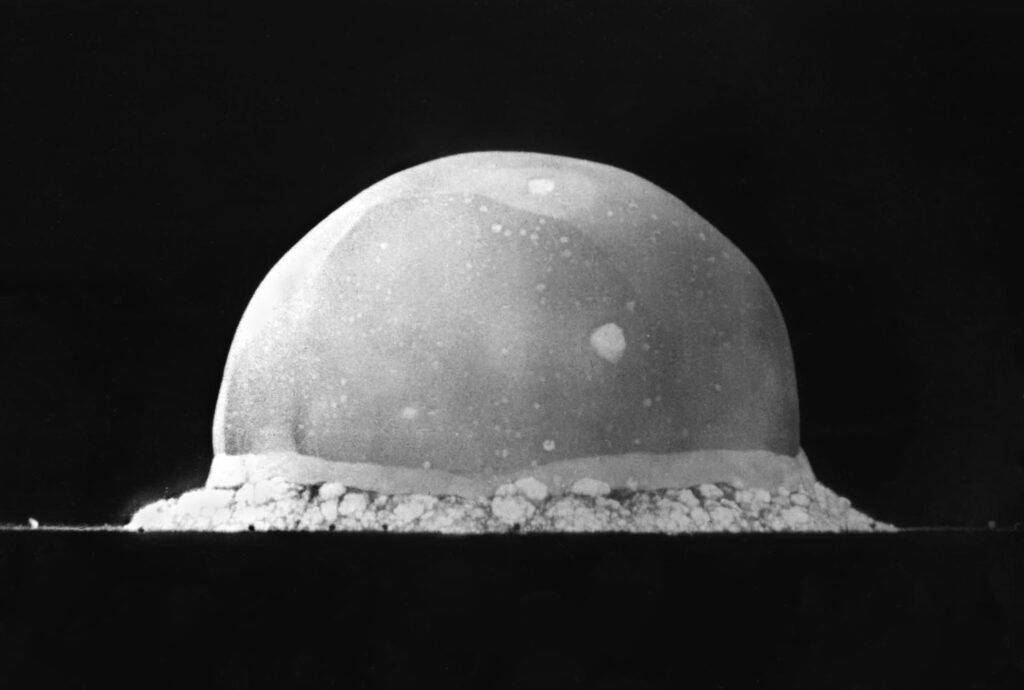
Seventy-five years ago, on July 16, 1945, the world witnessed the first atomic bomb test. The bomb lit up the sky and scorched the earth of the Jornada del Muerto desert in New Mexico. The lead physicist and architect of the Manhattan Project, J. Robert Oppenheimer, named the atomic test “Trinity†in a conflicted homage to John Donne’s sonnet, “Batter My Heart, Three-Personed God.†As a remembrance of that day, and this 75th anniversary, we’re introducing a new section of the HANNAH’S WAR website created entirely for Book Clubs.Â
The Trinity test marked the day that changed the world and the beginning of the nuclear age. HANNAH’S WAR explores the host of complex, conflicted characters and the ambiguous moral history leading up the test. The new Book Club section is designed to bring readers into dynamic engagement with the author, these characters, their stories, and the book’s themes.Â
In the new Book Clubs section you can: arrange for the author’s virtual appearance at your Book Club; download Reader’s Guides with thought-provoking questions for an insightful and lively discussion; access a menu with recipes for Hannah’s War-themed food and drinks, and much, much more.
On the anniversary of the Trinity Test, let HANNAH’S WAR guide us as we grapple with the complex and fascinating history that ushered us into the nuclear age.
New Article in The Day: Novelist Jan Eliasberg reimagines amazing story of female physicist and the atomic bomb
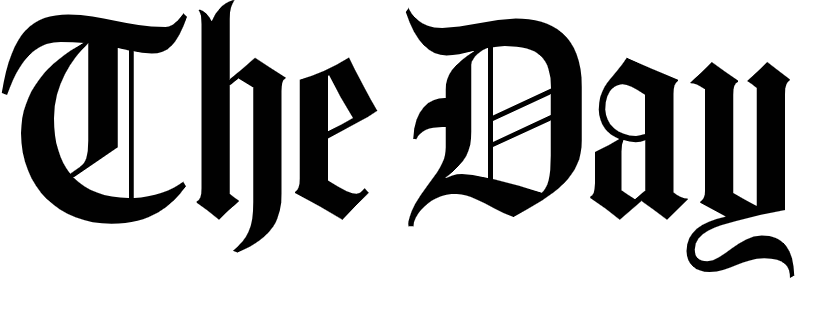
Novelists are routinely inspired by big moments and charismatic figures from history. But a brief allusion to an anonymous person in a 75-year-old newspaper article?
Not so much.
And yet Jan Eliasberg, an award-winning screenwriter and director of film and television, was perusing microfilm in the New York Public Library and came across an issue in the New York Times published on the day U.S. Forces dropped an atomic bomb on Hiroshima in August 1945. A one-sentence paragraph caught her attention.
"The key component that allowed the Allies to develop the bomb was ... (provided) by a female, non-Aryan physicist."
That's all it said.
"My immediate thought was, 'Who IS this woman and why has her face not been staring out of the pages of every science magazine ever?" Eliasberg is speaking by phone from her apartment in Manhattan, discussing "Hannah's World," her highly regarded and recently published first novel.
A deft fusion of espionage, science, military history and two wounded human hearts, "Hannah's War" is an amazing and distinctive novel that reimagines the forgotten woman behind one of history's most overlooked and (literally) world-shaking discoveries.
The uncredited scientist in the newspaper story, Eliasberg learned, was Dr. Lise Meitner, a protected Austrian Jew working at a top-level, non-militarized physics lab at the elite Kaiser Wilhelm Institute in Berlin before she was forced in 1938 to flee Germany in the rising tide of Nazism. From exile in Sweden, Meitner used couriered postcards to continue her to research in secret with her German colleague, Otto Hahn. It was Meitner — not Hahn — who gave the first theoretical explanation of the fission process that paved way for construction of the atomic bomb.
Ultimately, Hahn was awarded the Nobel Prize in Physics for the discovery of nuclear fission. Meitner was not acknowledged — in large part due to anti-Semitism and sexism. Later in life, Meitner received many accolades and awards, and she was the subject of an academic biography, but she was never given proper credit for the Nobel-winning work on fission.
Eliasberg says the idea of sharing this woman's amazing story was irresistible, saying, "Here you have a woman who'd seen and overcome the gender barrier in pure scientific research at the greatest facility in the world. She was told she was protected from the increasing shadow of Hitler — then one morning, the Nazis walked in and said, 'You're working for the Third Reich.' She left in six hours and was lucky to have made it to Sweden."
In her career, Eliasberg has written and directed dramatic pilots for NBC, CBS and ABC and was chosen by Michael Mann as the first woman to direct episodes of "Miami Vice" and "Wiseguy." She has also directed dozens of episodes of such shows as "Nashville," "Bull," "Parenthood," "NCIS: Los Angeles," "Supernatural" and more. Eliasberg also wrote and directed the feature film "Past Midnight," which starred Paul Giamatti, Natasha Richardson and Rutger Hauer.
More recently, she spent years writing a screenplay called "Fly Girls" about the Women Air Service Pilots in World War II — a project designed for and in cooperation with Nicole Kidman and Cameron Diaz — but couldn't get the film made.
In "Hannah's War," Eliasberg based protagonist Dr. Hannah Weiss with accuracy, respect and poignant affection on Meitner. To dramatize and underscore Meitner's accomplishments, Eliasberg had the idea to transpose the physicist, whose work had been pure science until it was militarized by the Third Reich, to Los Alamos as part of the American Manhattan Project under Robert Oppenheimer. The purpose of the secret conclave was to build the world's first nuclear weapon.
But Hannah's journey to the states does not preclude suspicion by the military and FBI that she could be smuggling secrets back to Germany. Major Jack Delaney, physically and mentally suffering after injuries in the liberation of Paris, is tasked with finding out whether Hannah is a spy. Over three days of intense interrogation, Hannah and Jack move from adversaries to sharing strong feelings of attraction — and, with the help of stunningly revealed flashback sequences, both uncover secrets about the other that go well beyond nuclear physics and who might use them for maximum destruction.
Against a fascinating backdrop of historical characters and situations, and engineered with a mounting sense of anxiety, "Hannah's War" is an irresistible work. Eliasberg, who was scheduled to be a guest Tuesday at the second Book of The Day readers' club event at Bank Square Books — it's been tentatively rescheduled for May 12 — answered questions about "Hannah's War."
Q: Given the span and success of your work in television and film, it's interesting that you chose the novel format for "Hannah's War." Why is that?
A: When you actually look at my work in film and TV, one of the things that's pretty apparent is, as much as I've tried to place women at the fore of my stories, the system doesn't allow me to do that. A lot of the TV shows I directed are testosterone shows — "Miami Vice" or "CSI: Los Angeles" — and often I was the first or only woman to direct those. I would never impose my feminist outlook; I had to honor the template for what the shows were exploring. And the action scenes and gun battles and planes exploding are really fun. I'm not denying that.
But they're far from my mission of telling the stories of forgotten but important women in history. At some point, for complex, interesting women, fiction is a far more interesting form. I thought of Madame Bovary and Anna Karenina and Virginia Woolf. They're beautifully complex, flawed women — and in that spirit I wanted this story to have a wonderful home.
Read the full article here: https://www.theday.com/article/20200322/ENT10/200329987
Prestige publisher Ambo/Anthos has won the rights to publish HANNAH’S WAR in Dutch.
Ambo/Anthos publishes such luminaries as Michael Chabon; Elena Ferrante, and Stieg Larsson. The acquiring editor wrote: “The characters are nuanced and full of depth. HANNAH’S WAR offers another facet to the literature about this dark history and shows that the world is not easily divided into black and white, but that there’s also an enormous scale of grey in between. As the publisher of SARAH’S KEY, and LILAC GIRLS, we would be honored to publish the Dutch translation of HANNAH’S WAR.”
Meet The Author: Jan Eliasberg
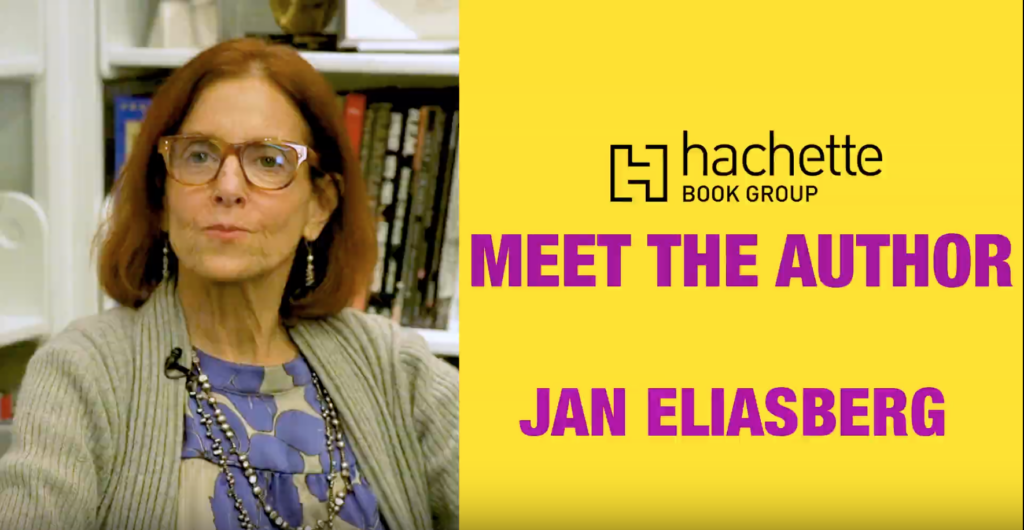
Review From Shelf Awareness

As World War II rages on, an international team of brilliant scientists is developing a top-secret bomb in the lab at Los Alamos. Among them is Dr. Hannah Weiss, a gifted Jewish physicist who fled Berlin to escape Nazi persecution. Major Jack Delaney, an intelligence agent sent to Los Alamos to catch a spy, has set his sights on Hannah: he believes her correspondence with her colleagues back home may contain vital nuclear information. Screenwriter and director Jan Eliasberg unravels Hannah's complicated story in her compelling debut novel, Hannah's War.
Eliasberg's narrative begins with Hannah, chained in an American prison transport, en route from Los Alamos to Fort Leavenworth for interrogation. After setting the scene at Los Alamos and introducing readers to Jack, Hannah and their colleagues, Eliasberg takes readers back to Hannah's girlhood. Diligent and gifted, she becomes a physicist at the prestigious Kaiser Wilhelm Institute in Berlin, but is often overlooked by her colleagues since she is female and Jewish. Her work attracts the notice of Stefan Frei, a talented but lazy physicist and the son of the institute's director. Together, Hannah and Stefan pursue a series of experiments that lead them ever closer to splitting the atom--only to have their work interrupted when Hannah must flee.
By early 1945, Jack Delaney has risen quickly through the ranks of American intelligence and comes to Los Alamos determined to discover who might be passing sensitive scientific information to the Nazis. He harbors suspicions about several European scientists but is particularly drawn to Hannah--though his attraction to her may compromise his investigative skills. Both Hannah and Jack are hiding secrets--some of which have nothing to do with physics or politics--and Eliasberg skillfully traces the steps of their personal and professional dance.
The true strength of Hannah's War lies not only in its vivid characters and fast-paced narrative--though both of those elements are notable--but goes deeper by forcing its protagonists, and thus readers, to reckon with complex questions of political allegiance, personal loyalty, vocation and love. Hannah's colleagues, both in Berlin and at Los Alamos, recognize the undeniable power of the knowledge they are pursuing, and its potential to be used for good or for ill. Both Jack and Hannah walk the tightrope of staying true to oneself while concealing vital parts of one's identity in order to survive. And many of the characters, even minor ones, wonder whether love and decency become unaffordable luxuries in wartime.
Inspired by true events, with a tightly drawn plot and layered characters, Hannah's War is a stunning story of a brilliant woman fighting her own war on several fronts. --Katie Noah Gibson, blogger at Cakes, Tea and Dreams
Shelf Talker: Screenwriter Jan Eliasberg's gripping debut novel follows Hannah Weiss, an Austrian-Jewish physicist working on the atomic bomb.
Live Talks Los Angeles
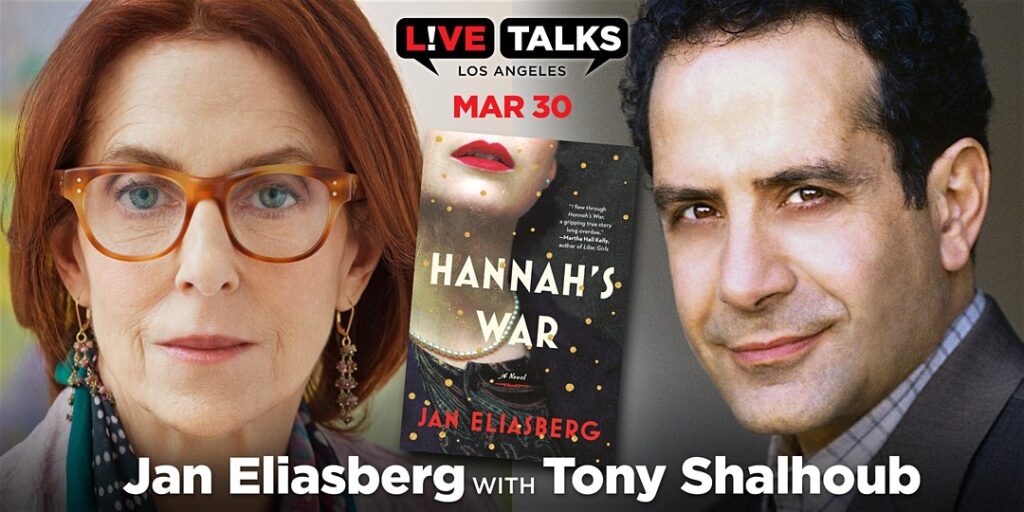
On Monday, March 30 at 8:00 pm, Jan Eliasberg will be in conversation with Tony Shalhoub to discuss her debut novel, Hannah’s War.
Purchase Tickets Here: https://livetalksla.org/events/jan-eliasberg-with-tonyshalhoub/fbclid=IwAR0IALuqDpfDXQFRZzWnngM5PtNtrFu0zLsN0CRDr357iznlK1K2Gz2eup8
Review From Historical Novel Society
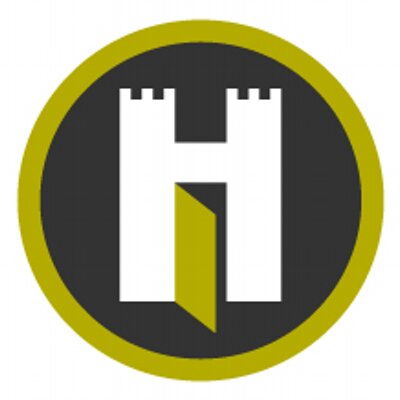
1938. Can the woman scientist, whose research laid the groundwork for the invention of the atom bomb, save the world from destruction? In the employ of a genocidal country, Austrian-born, Jewish scientist Dr. Hannah Weiss has to stand by while her colleagues at the Kaiser Wilhelm Institute in Berlin purloin her most vital pioneering discovery leading to the generation of nuclear energy. What they can’t know is that their lack of respect will enable her to reach a fateful decision, one that will influence the outcome of the Second World War and the shape of the future.
When Jack Delaney is sent to New Mexico to discover the identity of the spy who informs the Nazis about the laboratory work undertaken by J. Robert Oppenheimer at Los Alamos, his suspicion falls upon refugee Hannah Weiss. At once attracted by her beauty and repelled by the force of her personality, he is certain she harbors a treacherous secret and sets out to break her silence during a three-day-long interview. But the clever Hannah turns the tables on him, and so it is unclear as to who will hold the upper hand in this battle of scientific responsibility versus moral certainty.
An exhilarating war thriller, Hannah’s War moves at breakneck pace between 1930s Berlin and 1940s New Mexico. A paean to Lise Meitner, it is the compelling portrait of a woman who combined a lively scientific curiosity with an impassioned personal ethic. Jack, the smart, but flawed hero of the Liberation of Paris, is Hannah’s perfect foil, and the sparring between the two opponents generates a fine narrative tension. One can easily imagine a cinematic rendering.
REVIEW BY ELISABETH LENCKOS
REVIEW FROM BOOKLIST

Award-winning writer-director Eliasberg's first novel was inspired by an unnamed female physicist, mentioned in a New York Times article from the day the atomic bomb was dropped on Hiroshima. Based on the real woman who discovered nuclear fission, it tells the story of what her life might have been. In 1945, Austrian physicist Hannah Weiss works in Los Alamos, New Mexico. It's discovered that research secrets are being leaked from the top-secret nuclear lab to Germany, and Hannah is suspected as a spy—but the truth isn’t always what it seems. The story then turns to 1938 Berlin, where young Hannah is dedicated to her research, but as a Jewish woman, she is often overlooked, and her ideas stolen by her German superiors. As the war unfolds, Hannah must decide when to remain loyal, and her choice will change the world forever. Eliasberg moves effortlessly between Hannah’s past and present to deliver a historical love story full of intrigue and suspense. Hannah’s War shines a much-needed light on one of the most influential women in history.
— Melissa Norstedt
REVIEW FROM PUBLISHERS WEEKLY
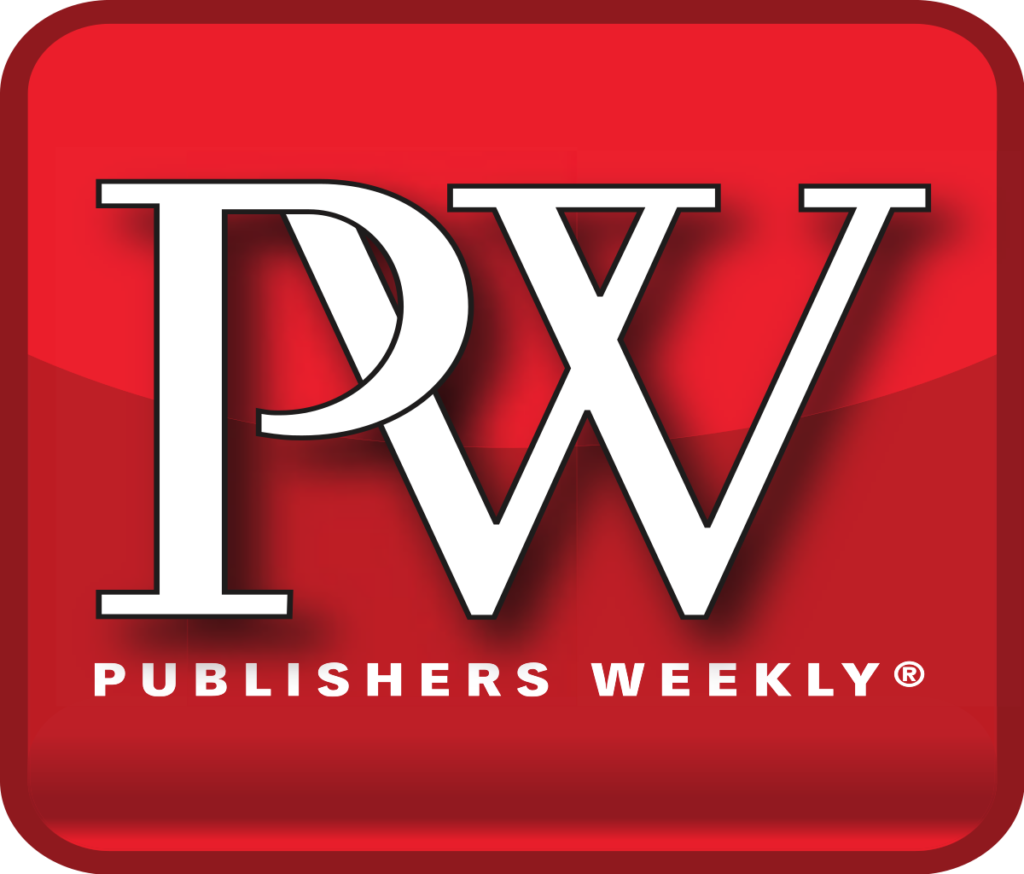
Eliasberg’s fast-paced, insightful debut explores one woman’s anxiety about helping to create the world’s first nuclear weapon. Dr. Hannah Weiss, a Jew who escaped Nazi Germany, works with the Americans on the atom bomb in 1945 Los Alamos, N.Mex., where, thanks to her exceptional talent and strong personality, she fends off men’s flirtations and chauvinistic assumptions. Hannah is alternately excited by the work and sobered by its implications, feeling a “frisson of energy and enormity up and down her arms and neck” while testing a reactor. Meanwhile, Hannah’s colleagues circulate a petition about their concerns over the dangerous weapon, causing military intelligence to open an investigation into possible subversives on the team. The lead investigator, Maj. Jack Delaney, wants to know whether Hannah is actually spying for a Nazi physicist, but Jack’s attraction to Hannah’s “starchy self-determination” distracts him from the interrogation as Hannah gains the upper hand, and suspicions, second-guessing, and simmering desire ensue between them. Clever dialogue, elegant phrasing and keenly developed characters add substance to the intrigue. Eliasberg’s triumphant tale of Hannah transcending anti-Semitism and the dangerous pitfalls of workplace romance will satisfy even the most discerning of readers. Agent: Adriann Zurhellen, Foundry Literary + Media, LLC. (Mar.)
- 1
- 2
July 16th Trinity Test Birthday: New Content for Book Clubs
July 16th will mark the 75th anniversary of the first atomic test, known as Trinity. The day is rightly known as the day the world changed forever, entering into the “nuclear age.”
DR. LISE MEITNER: THE MYSTERY OF THE DISAPPEARING PHYSICIST
In the August 7, 1945 issue of the New York Times under the headline: FIRST ATOMIC BOMB DROPPED ON JAPAN; TRUMAN WARNS FOE OF A ‘RAIN OF RUIN,’” an article traces the simultaneously terrifying and wondrous development of the atomic bomb, its scientific history, and the race between the Allies and the Germans to attain the ultimate weapon. Somewhere under the fold, buried in a dense paragraph, this sentence appears: “The key component that allowed the Allies to develop the bomb was brought to the Allies by a female, ‘non-Aryan’ physicist.” Who was this woman?
Q&A With Jan Eliasberg on her Research for Hannah’s War
Jan answers some questions to reveal the fascinating historical background to her novel Hannah’s War.
Entranced by Research: Hannah’s War is not a Simple Biopic
Ruth Lewin Sime’s ground-breaking non-fiction book Lise Meitner: A Life in Physics, along with Meitner’s Letters and Diaries, were the building blocks for Hannah Weiss’s story.
